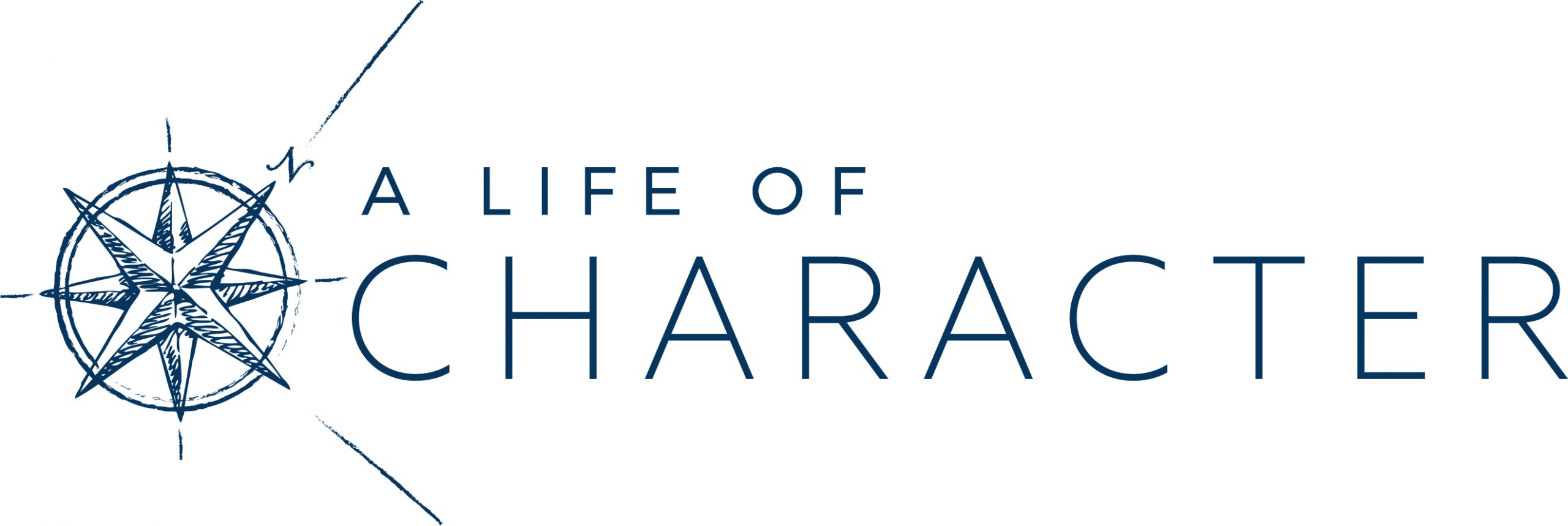By Laura Crandall, founder of A Life of Character
A question for white business leaders learning to change the system.
2020 is not messing around. It’s taking the dominant global paradigm and shaking it to its core. From wildfires raging across an entire continent and super typhoons threatening densely populated countries to COVID-19 claiming the lives of more than 417,000 world-wide*, this year has been like no other. We’re also staring down a destabilized economy and record unemployment, political hyper-polarization, and the murder of George Floyd which has catalyzed the largest unified protest movement the world has ever seen.
These events have harmed people everywhere, but they have harmed communities of color at disproportionately high rates. The compounded physical, economic, social, and psychological toll of each has amplified what black people have been saying since the inception of this country: white supremacy exists and it is killing them.
White people are finally starting to get it.
The energy of 2020 has cracked the veneer of white supremacy and revealed the need for systemic transformation on personal and global scales. It’s white people who must change the dominant paradigm. To be effective though, we need to resist feelings of panic and defensiveness. We need to connect to our character, educate ourselves, make a plan, and work in ways we’ve never worked before.
***
I’m reading and working through the book Me and White Supremacy by Layla F. Saad, and I listened to her Instagram live session this past Tuesday. The topic was “#TheRevolutionWillNotBeColonized … by white business leaders.” I’m a white business leader, and I wanted to hear it all.
It’s easy to notice that lots of white people are rushing to avoid feelings of discomfort, guilt, and complicity related to white supremacy. This happens with virtue signaling, deflection, and optical allyship. Being called to account is uncomfortable. The importance of that discomfort was illuminated when Ms. Saad said that white leaders need to,
“Release the need to be seen as good.”
This is a powerful statement about character. Creating an image of goodness is easy – we’ve done it for years. Creating the reality of goodness is harder. It demands we know our values, live by them, and carry them from our internal lives into our work, communities, and businesses.
If we want to live lives of character, we need a plan to meet this moment in a way that is deeply aligned with our values. We need to release the need to be seen as good so we can reflect, shift our perspective, and do the things that allow us to be good. Here’s where I’m starting:
The Plan
Step 1: Acknowledge the context and the problem
Step 2: Do my work – and understand what “work” means in this context
Step 3: Bring what I learn into my business – deliberately
Step 4: Practice, Revise, Learn, Practice… (repeat forever)
Step 1: Acknowledge the context and the problem
The culture of white supremacy exists. It is destructive and it can only be ended by white people. I’m a white person and I’m willing to show up and work to change our culture.
Step 2: Do my work and understand what “work” means in this context
White people are asking black people to tell them what to do to make things better. While I understand the immediate desire to be emotionally comforted by someone who tells you that you have wronged them, we are adult humans who know how to use Google. Just weeks ago we were all investigating sourdough starter when there was a shortage of yeast. I think we can do a search about anti-racism when there is a shortage of justice.
Black people are telling white people that what they need from us is for us to “do our work.” What I understand “work” to mean here is to actively learn by means of our own curiosity. We have to research this stuff on our own. We can’t ask our smarter black friend for their notes and then say we understand the material.
Doing the work means reading, watching, absorbing, reflecting, evaluating, and sitting with the topic of white supremacy in very conscientious and sincere ways. Since we should all be physically distancing right now and going out as little as possible, it’s a perfect opportunity to stay home and learn something new.
The tricky part about learning something new, especially a difficult subject, is that it takes time and effort. Have you ever learned a language, an instrument, or a sport? Those take practice, application, and determination. No one learns to play the piano overnight; we won’t become skilled anti-racists overnight either.
I am committing to studying, learning, and using my new knowledge every day. I will discuss what I learn and challenge my assumptions. When I falter, I will learn from my errors, and will do better. I will apply what I learn from a perspective of the values most central to my character: curiosity, kindness, joy, and courage.
Step 3: Bring what I learn into my business – deliberately
When I started A Life of Character, my goal was to bring character ethics back into daily discourse, especially in the workplace. I also wanted to ensure that this platform would discuss character from diverse perspectives. I have a long way to go in making my immediate network of colleagues and friends more diverse. My own calling to live a life of character helps me make choices that can make that happen. It is deliberate work that advances with purpose and practice.
That said, it’s challenging to sit in this moment and look at how white my business history has been. I can imagine in board rooms across the country there are white executives yelling, “We need to work with more black people, STAT!” That’s the knee-jerk, pre-2020 paradigm of marketing and optics talking – it’s familiar, easy, and needs to be avoided.
Step Three for this organization is that I will revise our operating ethos and framework from being diverse to become actively anti-racist. This will be in place no later than September 2020. That timeline might seem like it’s far off, but I want to do my best to bring the work of Step Two into Step Three. I am resisting the need to look good. Character makes that easier.
RELATED POSTS
Building Character Through Conflict and Challenge
Let’s Call It What It Is: Change
Step 4: Practice, Revise, Learn More, Practice… (repeat forever)
When I work with organizations, I try to help them learn how to do things in ways that will be successful over the long term. That means having a plan for what to do when plans stop working. I ask people how they will handle it when things go sideways and they need to course-correct. I help them prepare for missteps, evaluation, and revision.
A Life of Character will prepare in the same ways as we work to be anti-racist and help dismantle systems of white supremacy.

Photo by Kyle Glenn on Unsplash
Plan Recap:
Step 1: Acknowledge the context and the problem
Step 2: Do my work – and understand what “work” means in this context
Step 3: Bring what I learn into my business – deliberately
Step 4: Practice, Revise, Learn, Practice… (repeat forever)
This is my plan. What’s yours?
Educational Resources
Me and White Supremacy – Layla F. Saad
A list of books and films about racism – NPR
Resources for education on how to donate effectively – Oprah Magazine
* as of June 11, 2020 via Johns Hopkins


